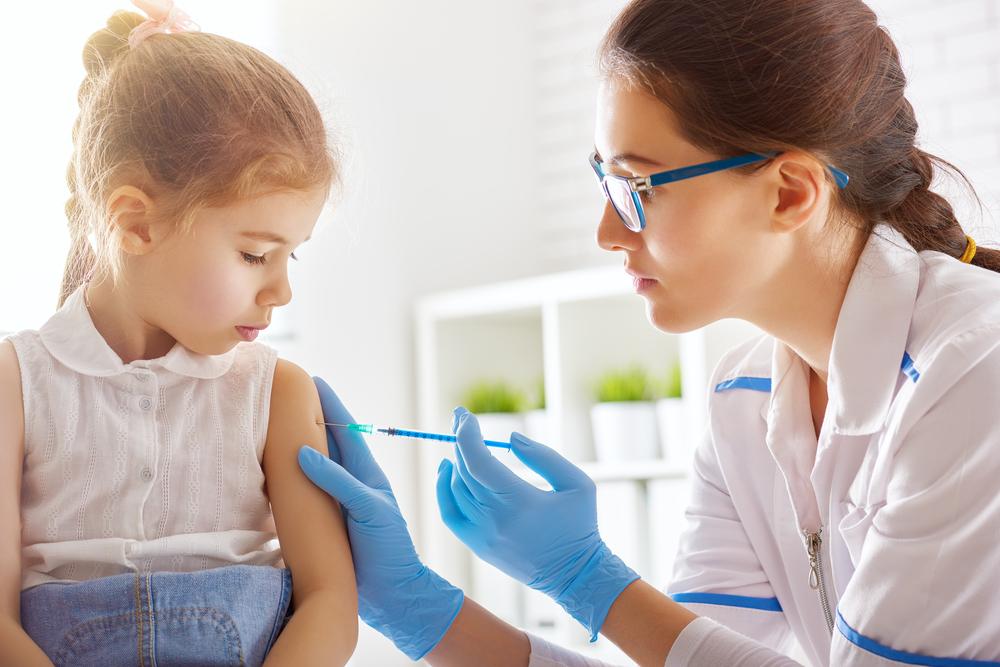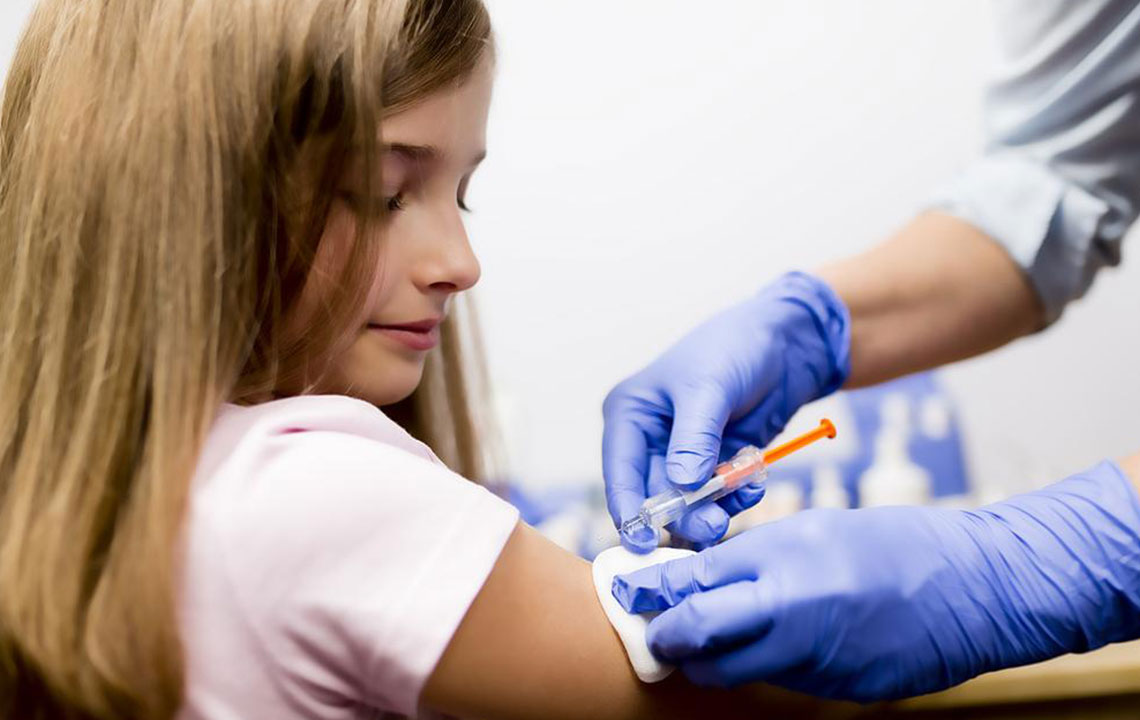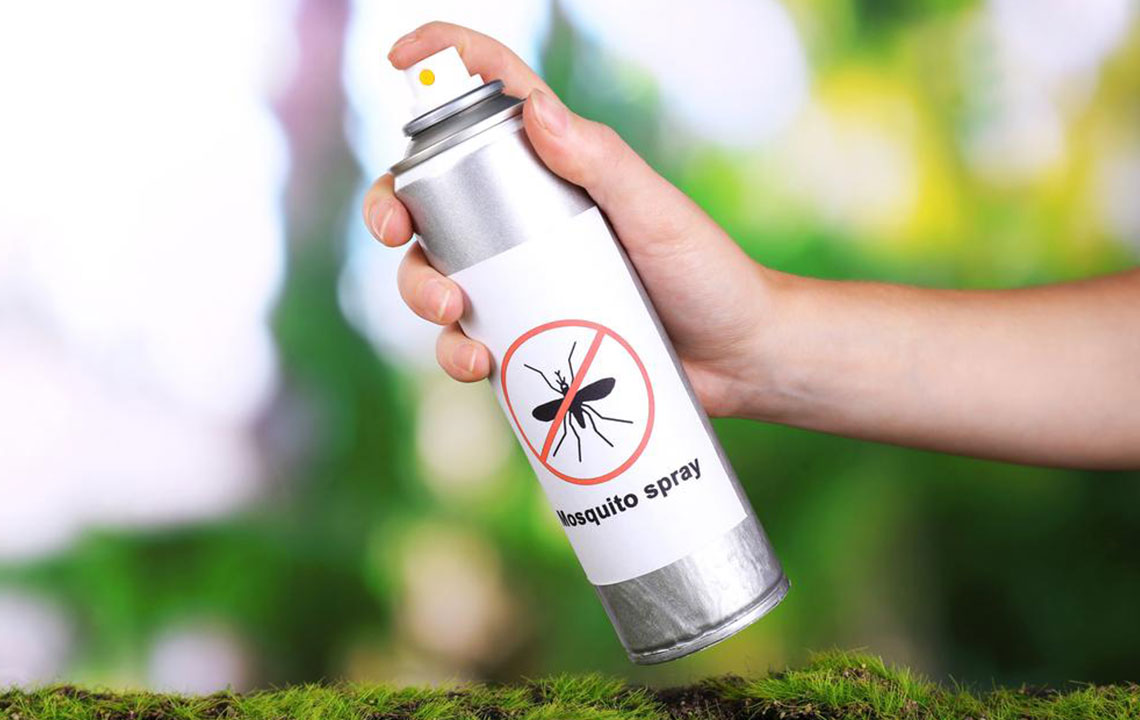Essential Insights on Vaccination and Its Benefits
This article highlights the significance of vaccination in preventing severe diseases like measles, diphtheria, and chickenpox. It explains vaccine composition, targeted diseases, and recommended groups. Emphasizing early childhood immunization, it underscores vaccination's role in boosting immunity and public health improvements.

Essential Insights on Vaccination and Its Benefits
Vaccination is a crucial process that helps protect individuals from deadly diseases by strengthening the immune system with specific antibodies. This involves administering tiny amounts of disease-causing components to stimulate immunity, aiming to prevent or eradicate illnesses over time. Historical success stories include the eradication of smallpox and polio. Vaccination is most effective when administered early in life, especially when the body is most vulnerable.
Vaccines enhance immune defense, leading to improved health and quality of life. They contain ingredients like antigens, adjuvants, stabilizers, preservatives, inactivating agents, antibiotics, and culture mediums, all designed to ensure safety and long-term effectiveness.
Vaccinations play a vital role in preventing serious diseases such as chickenpox, diphtheria, measles, and rotavirus. They are available in various forms, like DTaP, MMR, and oral vaccines, tailored to specific age groups and health conditions.
Who should get vaccinated?
Infants (up to 6 years) should receive vaccines for chickenpox, whooping cough, and measles.
Pre-teens and adolescents (7-16 years) are recommended to get vaccines for meningitis, influenza, HPV, and whooping cough.
Pregnant women without prior rubella or hepatitis B history should get vaccinated to prevent lifelong complications for their babies.
Healthcare workers in contact with body fluids should be immunized against hepatitis, chickenpox, and flu.
Note: Our blog offers valuable information across various topics, based on research and data. Readers should consider these articles as informational rather than conclusive. The site may not include all available schemes or offers that could be more beneficial.










